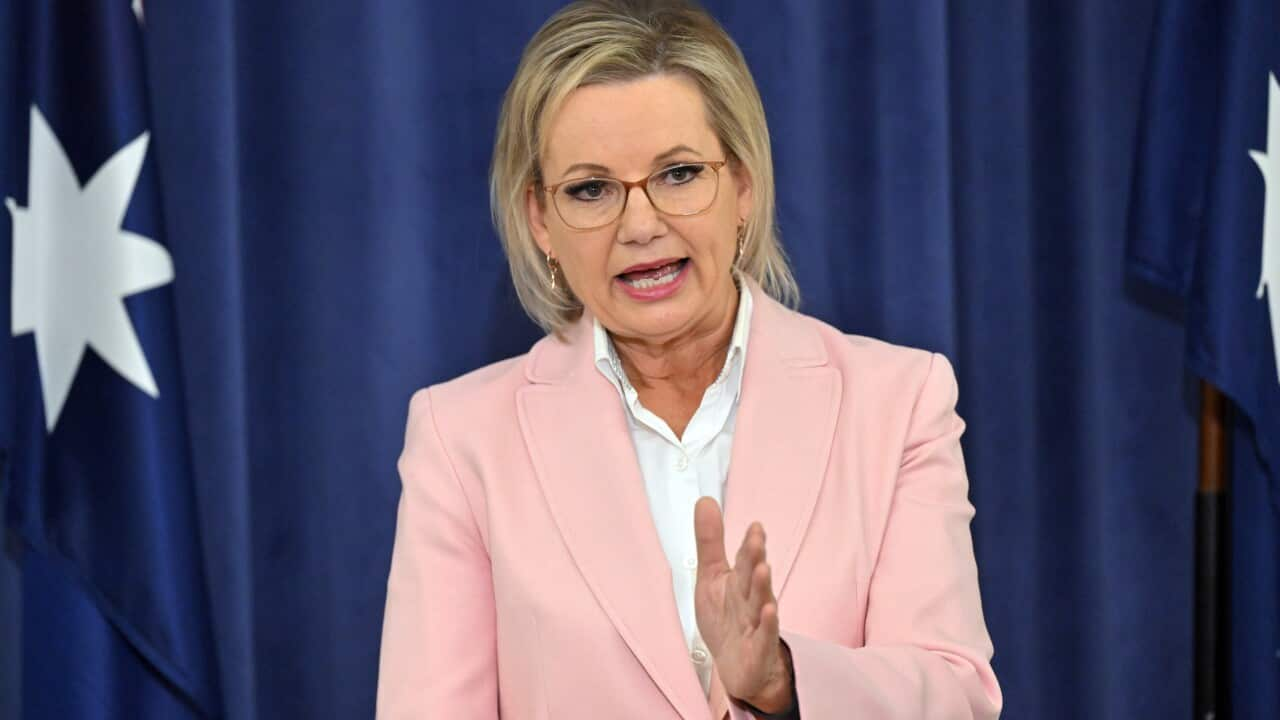The Coalition appears to be aiming to win back voters with lower personal income taxes and industrial relations reform, after accusing Labor of prioritising programs that "are not about fairness".
In a speech on Monday afternoon, Opposition leader Sussan Ley outlined a "common-sense approach" to the federal budget, whilst giving Australians a tax cut, and will call for a smaller, more targeted government.
She took aim at Labor's multi-employer bargaining laws and electric vehicle incentives while spruiking flexible working conditions and tax relief.
But the Coalition's has not shared details on how much this vision could cost the economy or reduce cost-of-living pressures.
What did Sussan Ley announce?
Ley's speech contained two key election promises: lower personal income taxes and budget repair.
She announced that low and middle-income earners will be the Coalition's priority in its "commitment to lower taxes".
'I have never been more convinced, more determined and more passionate about anything I have ever done in public life than I am today in making this pledge to the Australian people," she said.
While passionate about this pledge, the plan lacks detail, by her own admission.
"Whilst early work on our tax cuts plan has already begun, we will determine the scale and scope of our eventual package as the final budget position becomes clearer over the next two and a half years," she said.
Ley also has budget repair in her sights and accused Labor of being wasteful in its spending.
The Opposition leader proposed a smaller government that will be "focused and targeted", which will cost the taxpayers less money to fund, and do "fewer things and do them better".
There are no details on how the Coalition would reduce the size and cost of the government.
In the lead-up to the last election, then Opposition leader Peter Dutton vowed to cut 41,000 Canberra-based public servants, saying it would save $10 billion over the forward estimates.
It's possible a similar plan could be announced by the Coalition during the next campaign.
Industrial reforms and EV incentives
Ley also criticised two more Labor policies — firstly attacking Labor's electric vehicle tax break, saying it is "not about fairness".
Under Labor's current policy, electric and hydrogen-powered vehicles do not attract fringe benefits tax if they fall under the luxury car tax threshold of $91,387 and are bought through a salary packaging program.
The Coalition has previously supported this policy, but later backflipped in April with Dutton labelling it "wasteful spending".
That’s a sentiment Ley maintained.
The Opposition leader also called Labor's industrial relations laws a "handbrake on productivity."
Labor has made it easier to access multi-employer bargaining, which allows workers in a certain sector, such as childcare, to get together and negotiate a deal that would apply across a number of employers.
Ley said multiple employer bargaining laws are "threatening small businesses".
"Labor’s push to legislate one-size-fits-all approaches across whole sectors ignores the needs of many employers and workers," she said.
"We will chart a different course."
Ley instead proposed enterprise–level bargaining over industry-wide policies, which would mean employers and employees negotiate to set the terms and conditions of employment.
An example of this is an enterprise agreement.
Labor criticises Ley's plan
Treasurer Jim Chalmers has been asked about Ley's speech, and told reporters on Monday morning that Ley has "no costings, no details and no idea".
"When we legislated two more tax cuts for every taxpayer, the Liberals and Nationals voted against them and promised to repeal them," he said.
"If they won the election and had their way, income taxes would be going up not down."
Labor has recently announced its own financial policy reform, this time in relation to superannuation changes.
The changes include the removal of tax on unrealised capital gains, which Chalmers said "was a genuine sticking point" for critics, hoping its removal will mean "no excuses but to support" the changes.
Australians on lower incomes will also see a change to their super tax offset, which will increase from $500 to $810 as the government expands the eligibility criteria from a $37,000 cut-off to $45,000.
For the latest from SBS News, download our app and subscribe to our newsletter.

